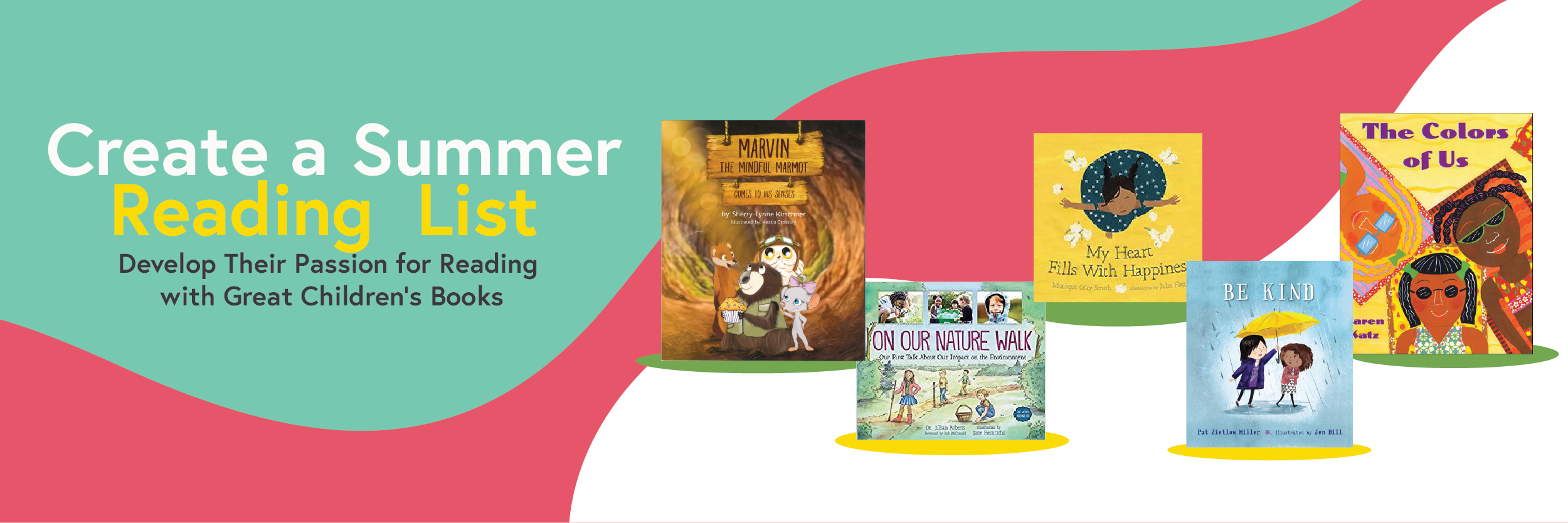Magic of childhood: Early Learning mathematics
Developing early learning math skills is critical for a child’s development. As children play through free play, discovery based play, or guided play, it gives the opportunity for children to develop the language and exploration of math.
Ideas to further development and scaffold learning.
Shapes
Shapes are a great tool for teaching mathematics. Create a provocation, draw outlines for the children that match the shapes they have. Have the children be near the shapes, let them observe the size and dimensions, encourage them to count the shapes and identify the quantity they have. These early learning provocations allow for; number identification, counting, shape, size, and patterning. Patterning, in particular, is important as children like to make sense of their actions; children love patterns.
Pom Poms
Using pom poms is a great way to introduce sorting and colours and sizes to a child. Using Pom Poms is also a great opportunity to introduce tweezers to children. This will develop a child’s pincher grip, as the pincher grip is the beginning of children learning how to hold a pencil and therefore a fundamental skill needed for early literacy and writing.
Pebbles
Pebbles can be used for; sorting, matching, and depending on the types and shapes of pebbles the uniform or uneven shapes allow for stacking which can be turned into a game and encourages counting as a child keeps score of how many pebbles they stacked. Pebbles are a great gateway into other subjects areas it helps with early years language through observation, the different properties. Pebbles allow children to develop language and science skills, that develop the foundations of mathematics.
Capacity
Use products such as water marbles or liquids like water to teach volume and capacity to children. Use different sized containers to introduce estimates. Ask children how many of one container it would take to fill another. Let children devise a hypothesis and then act out the experiment. Estimating, hypothesizing and acting out the experiment allows children to develop Math skills. Mathematics and STEM skills allow children to develop great curiosity while allowing children to explore.

With some imagination, a number of different products could be used for math such as; pipe cleaners, and beads for addition and subtraction. Counters for shape sorting, and patterning, consider toys that can be used for sorting, patterning and counting and even programming. Using these ideas, as well as a little imagination, will help develop other wonderous ideas that you could use and design in your classroom.
Early year math can be taught in many ways. Use provocations within your classroom, to develop math skills with children. Sometimes in early learning, we shy away from math, we don’t feel it is the place. We at Scholar’s choice believe we should be encouraging math in our classrooms and childcares. There is no wrong age to start teaching math, start early!






.png)
-png.png)